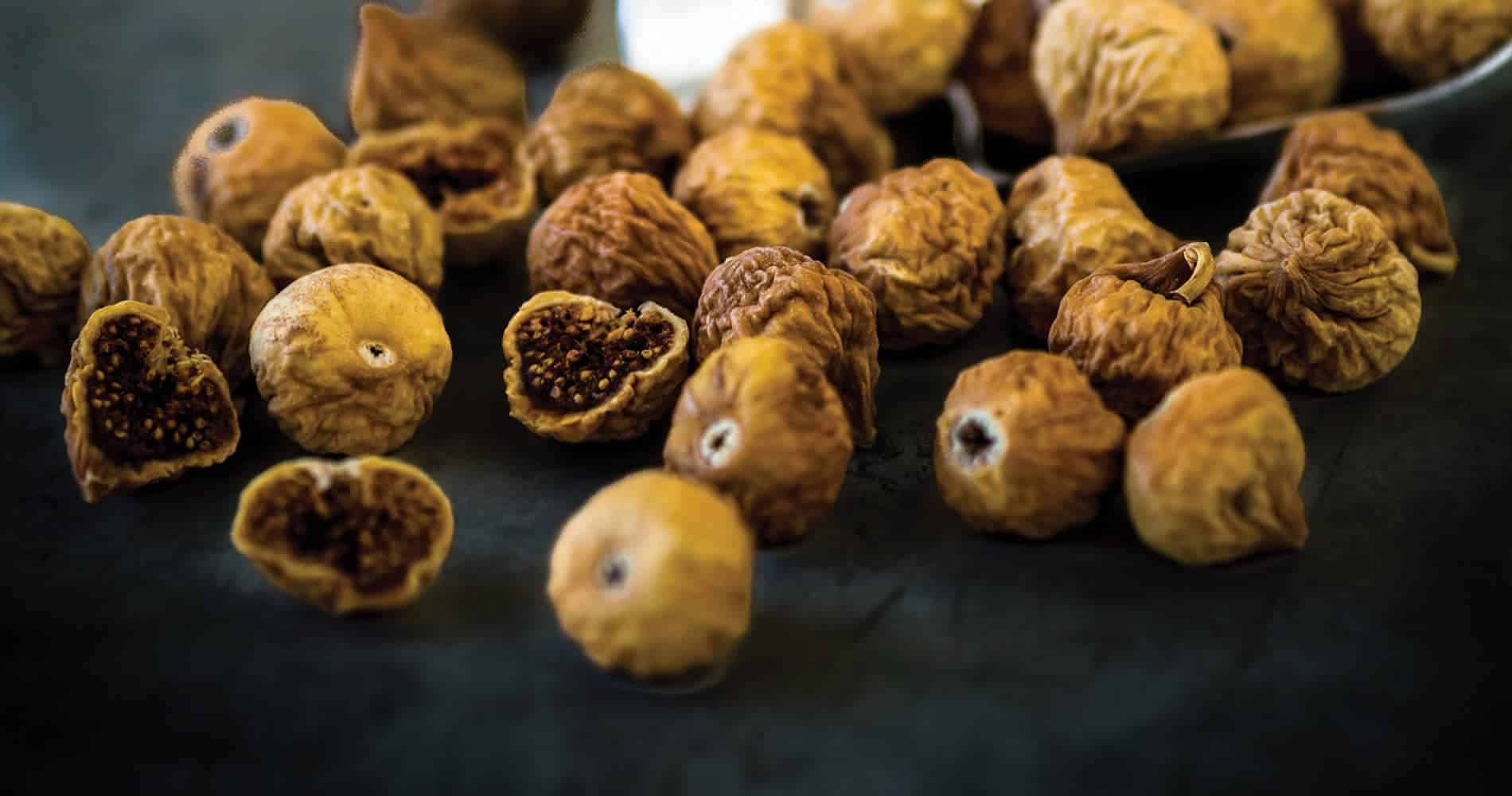Why Dried Figs (Anjeer) Are in High Demand?
Dried figs (anjeer) are surging in popularity worldwide due to their dual role as a nutrient-rich superfood and a traditional medicinal ingredient. Widely used in food manufacturing, sports nutrition, sugar-free beverages, baked goods, flavored teas, jams, and even pharmaceuticals, dried figs are a versatile powerhouse. Retailers and manufacturers increasingly leverage their health benefits and adaptability, driving global demand.
For businesses seeking reliable wholesale dried fig suppliers, selecting the right partner is critical for long-term success. Below, we outline key factors to ensure you choose a trustworthy, high-quality supplier.
6 Tips to Find a Reliable Dried Fig Supplier
1. Year-Round Supply Capacity
Dried figs, especially premium varieties like Estahban figs (Iranian figs), are seasonal (harvested September–November). A dependable supplier must have robust inventory management to guarantee consistent supply throughout the year, even during off-seasons. Verify their storage capabilities and contingency plans to avoid disruptions.
2. Cost-Efficiency & Logistics Expertise
Your supplier should offer competitive pricing aligned with your order volume and quality requirements. Look for partners who optimize logistics (shipping, tariffs, customs) to reduce costs while ensuring timely delivery. Expertise in transportation (e.g., temperature-controlled shipping) preserves product freshness and minimizes losses.
3. Customization Options
A top-tier supplier accommodates custom requests for:
- Packaging (bulk, retail-ready, or branded options)
- Sorting & Grading (size, moisture content, color consistency)
- Quality Specifications (organic, chemical-free, certifications)
Tailored solutions ensure the product meets your market’s regulatory and consumer preferences.
4. Consistent Quality Assurance
Seasonal variations can impact quality. Partner with suppliers who enforce strict quality control (QC) protocols, including lab testing for contaminants, moisture levels, and shelf life. Request samples and check for uniformity across batches.
5. Certifications & Compliance
Ensure your supplier provides essential certifications for global import compliance, such as:
- Phytosanitary Certificate (prevents pest risks)
- Attestation of Conformity (meets safety/quality standards)
- Halal/Kosher Certifications (if targeting specific markets)
- NON-GMO Certifications (for health-focused brands)
There are a few common types of contamination involving dried figs. These usually fall under food safety concerns (FDA) and are often due to contamination or mislabeling. Below are the most common types:
1. Aflatoxin Contamination
This is the most common reason for dried fig recalls. Aflatoxins are toxic compounds produced by mold (particularly Aspergillus parasiticus), especially in improperly stored figs.
2. Salmonella Contamination
Caused by bacterial contamination during processing, handling, or packaging.
3. Unauthorized or Undeclared Additives and Preservatives
This includes the use of sulfites or other chemicals that are not listed on the label.
4. Mislabeling
Allergen Mislabeling: For example, if figs are processed in a facility that also handles nuts, but this is not declared on the packaging. This poses a serious risk to individuals with nut allergies.
Incorrect Expiration Dates or Batch Numbers: Mistakes in labeling can confuse consumers and increase the risk of consuming expired products. Your supplier should be fully aware of your country’s packaging and labeling regulations.
5. Chemical Contamination
This refers to the presence of pesticide residues or other harmful chemicals, usually due to improper handling or lack of regulatory compliance.
6. Long-Term Partnership Potential
Prioritize suppliers who invest in transparent communication, scalable solutions, and proactive problem-solving. Check reviews, request references, and assess their financial stability to ensure they grow alongside your business
In the LTR group, we support our customers in any season to hold our customers up to make them satisfied, and we have the authority to respond to customized requests in “sorting, packing, and quality”. Also, we can pass most of the certifications, and we are trustworthy as cost-efficient suppliers
IN addition, we use modern technology—including treatments, fumigation, and wash calibration—to reduce contamination from chemical, fungal, and bacterial sources. Our advanced processes help increase the shelf life of our products while ensuring the highest standards of food safety.



 English
English
 العربية
العربية
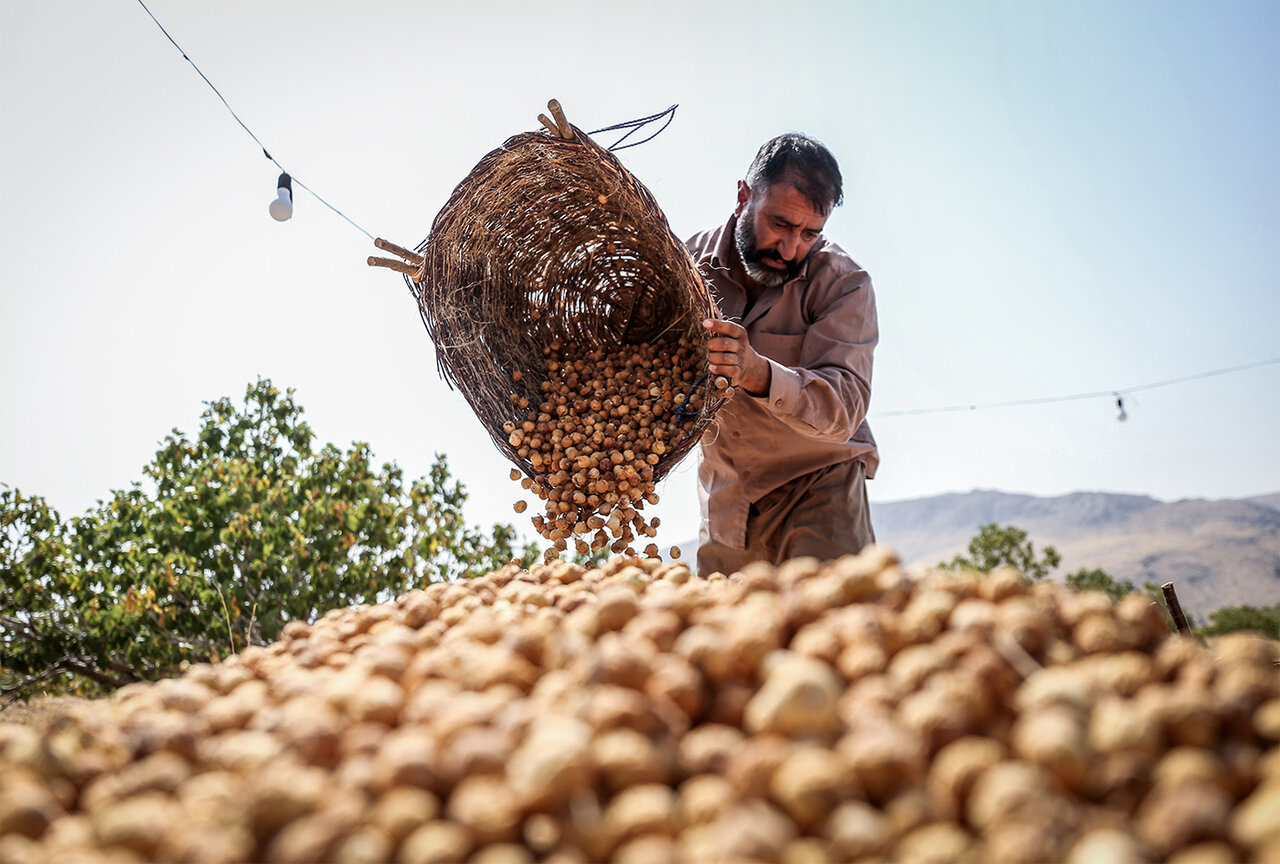
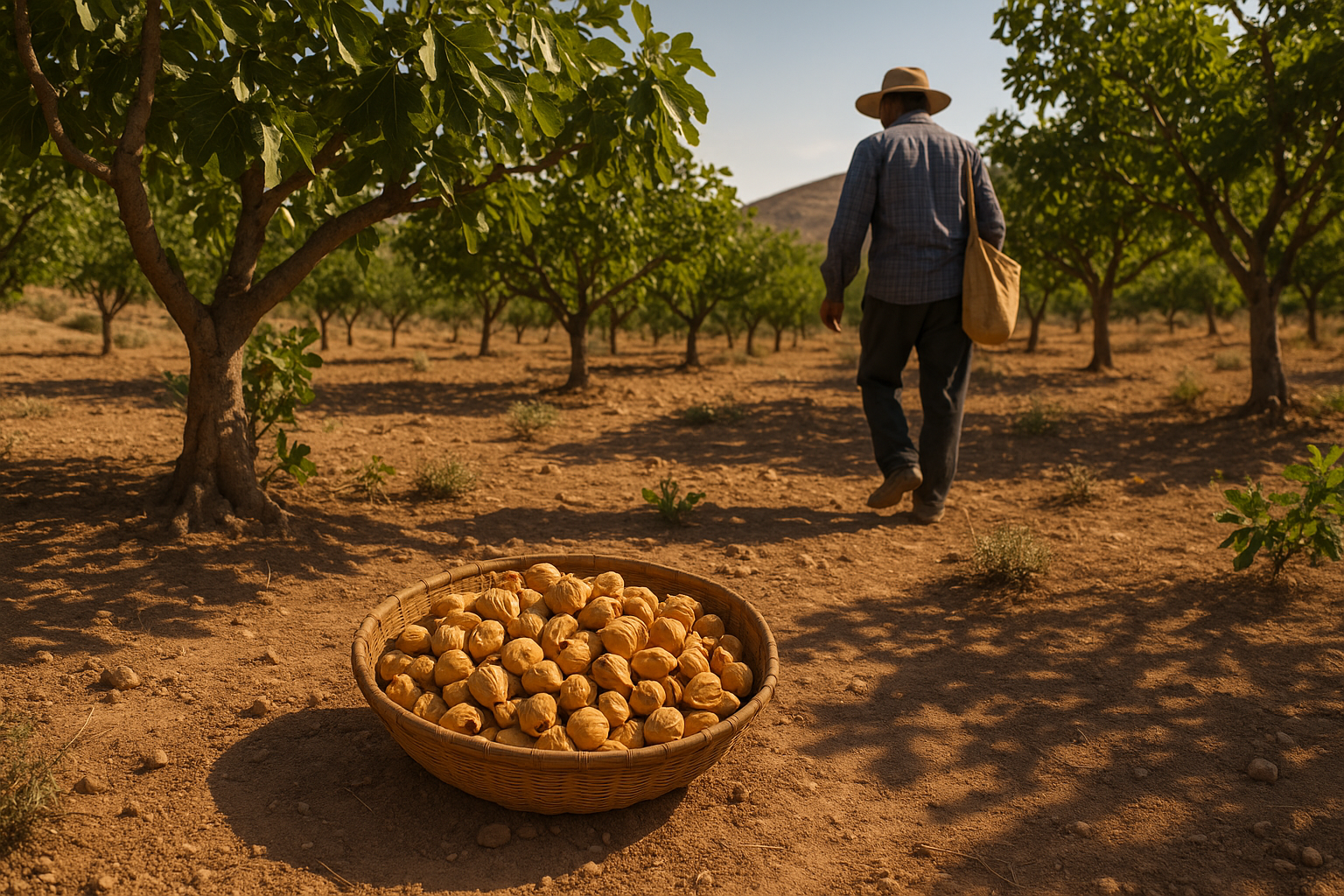

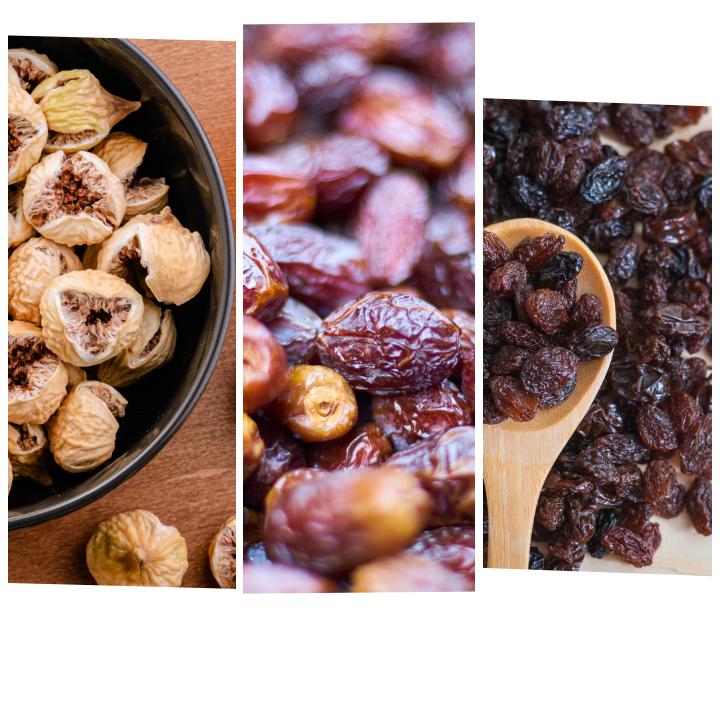



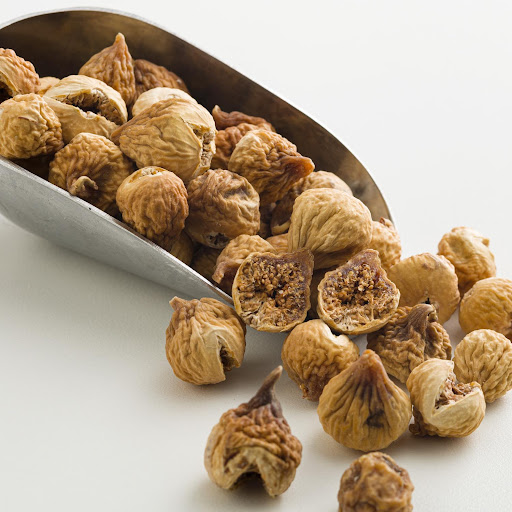
.png)
